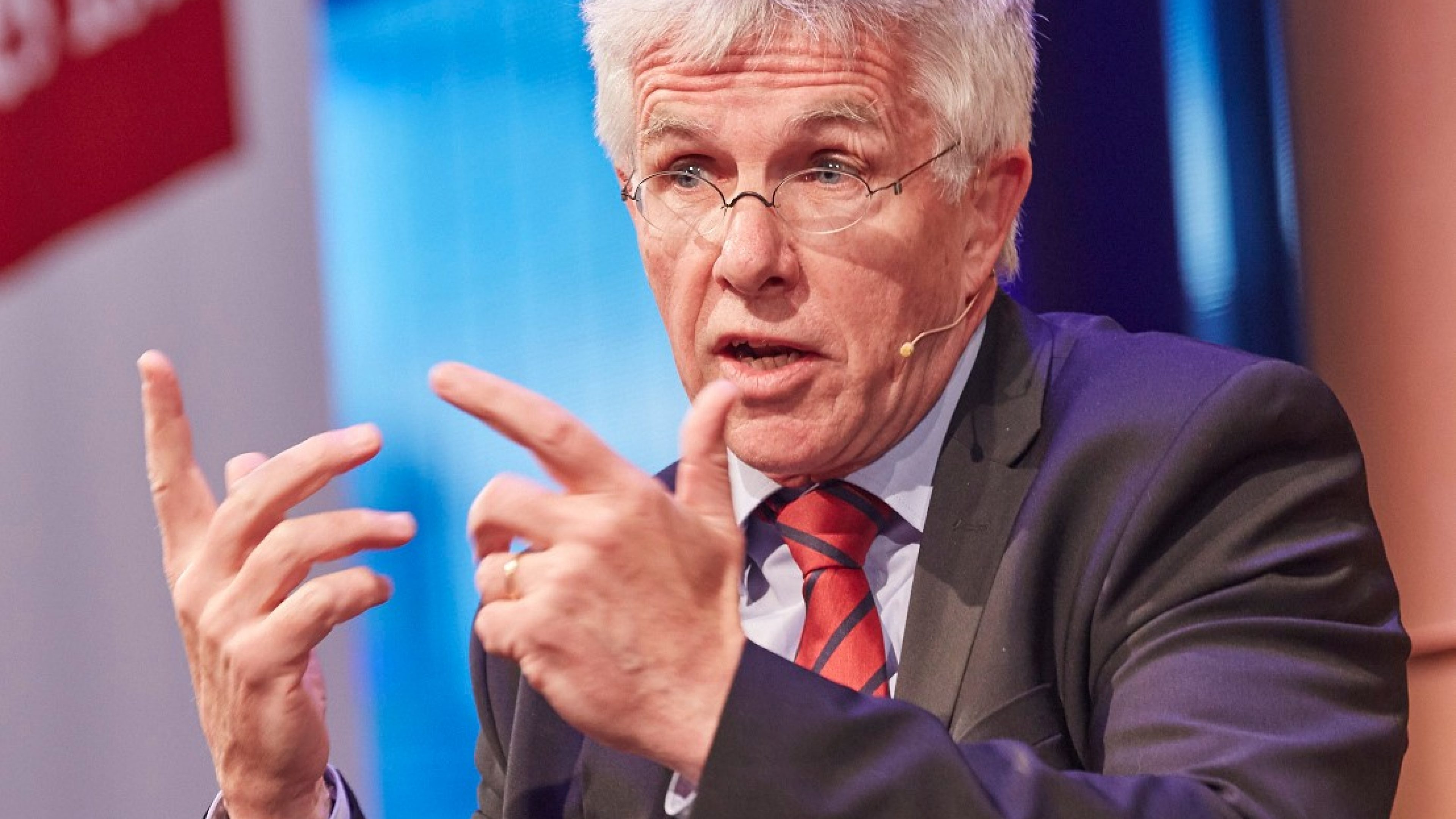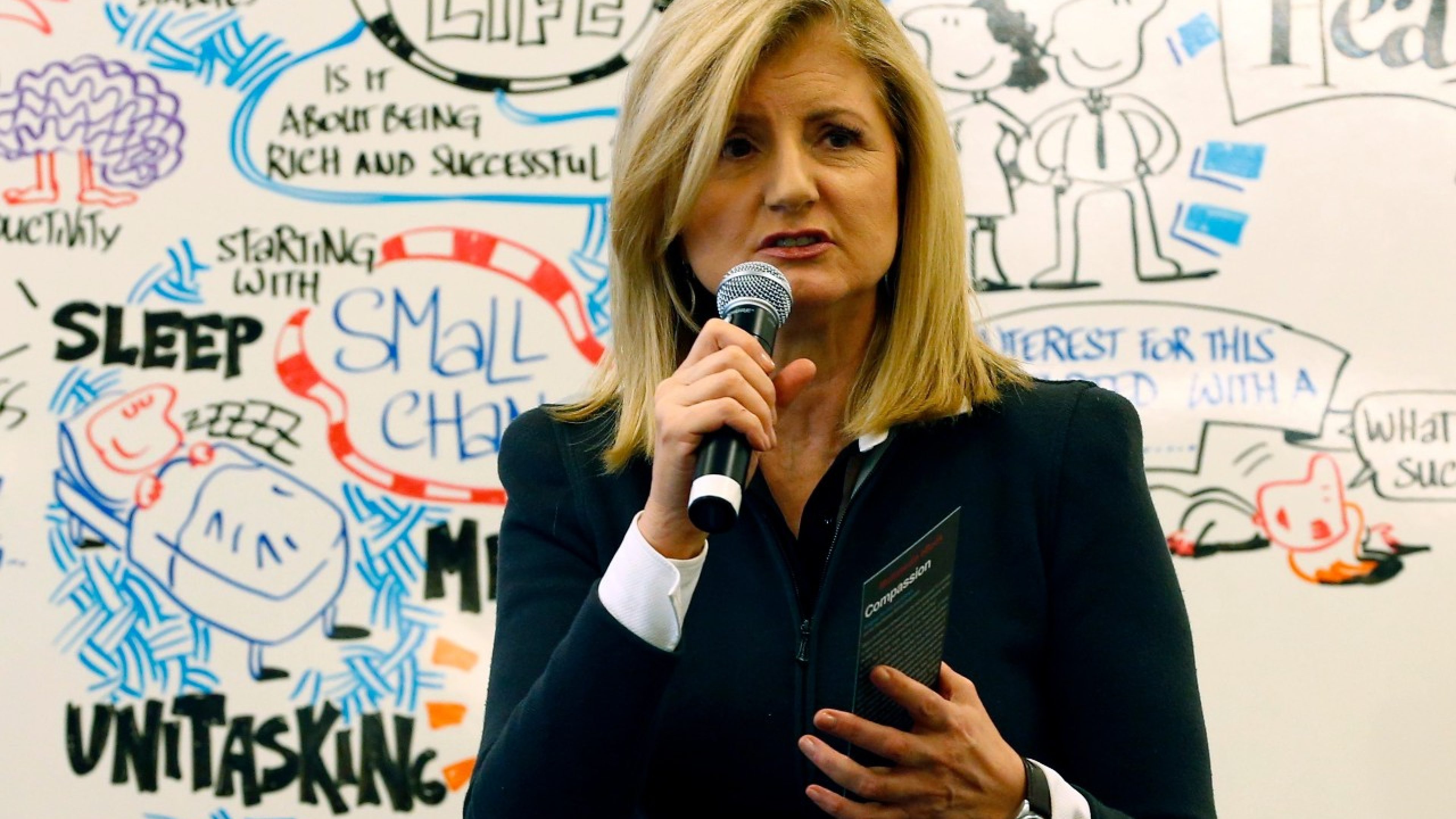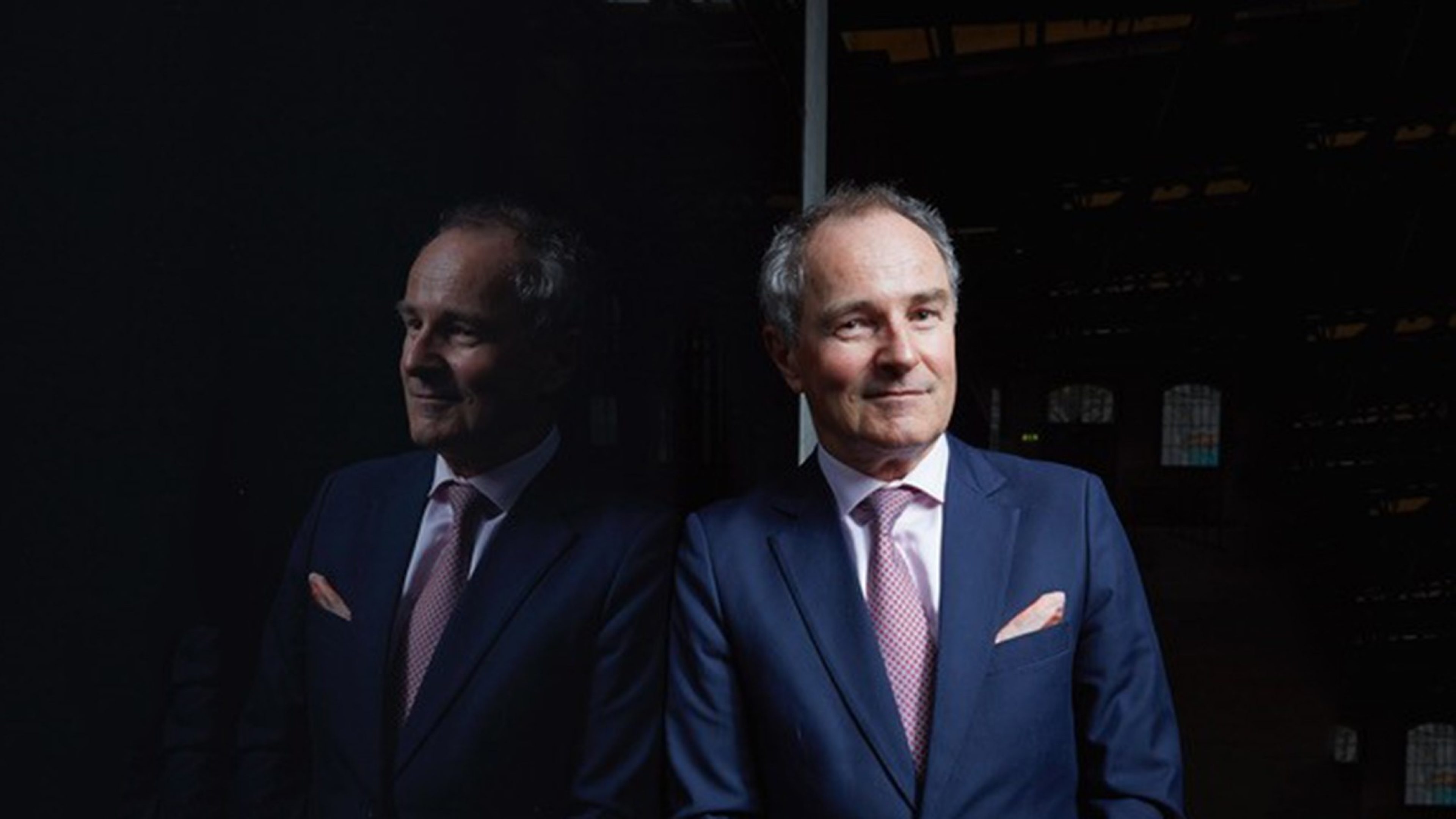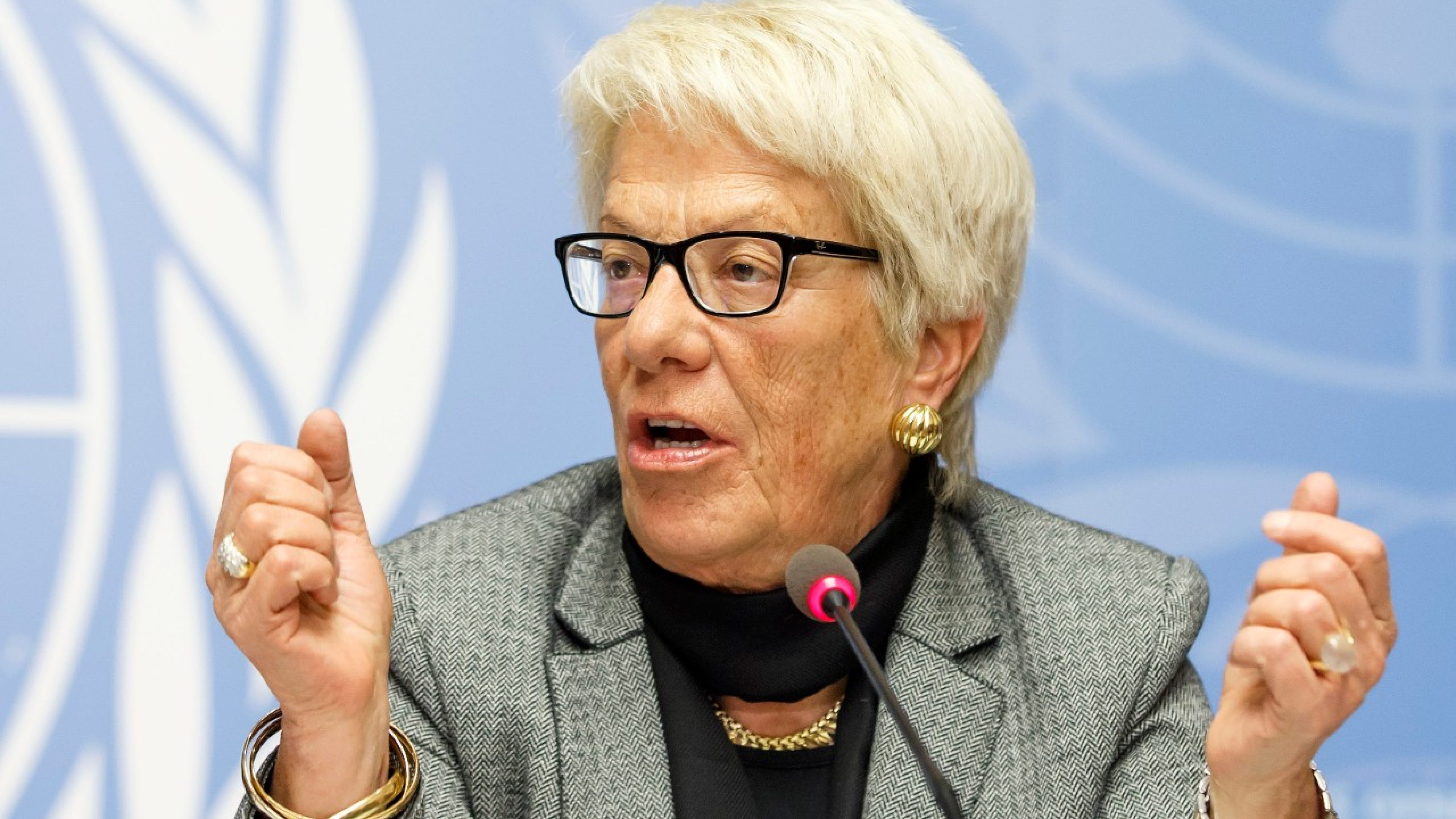While others have been foretelling the imminent self-destruction of countries like Germany, Swiss economist Thomas Straubhaar says the end is not nigh at all – it’s been postponed. He sees demographic change as a positive development in many ways.
Thomas Straubhaar, you are now 58 and on the threshold of the last third of your life.
Yes, I hope so anyway.
How long will you work?
I've never actually asked myself that question as I have a job I really enjoy and which is not dependent on my age. I hope to keep working for a long time yet and I don't want to be forced to stop due to a legal age limit.
Nevertheless as a full professor you will have to retire at some point...
I have to retire at 66 but I'll continue with my research and giving lectures. Every day I realise how enriching it is for us ageing people to work with our younger counterparts. It's my daily fountain of youth.
How do you envisage life post-retirement? You used to always hear, "When I'm retired, I'll do this and that." If you work for a long time, you have to blur the borders a little.
Indeed. Reality shows us time and again that old strategies don't apply to new situations. People who put things off until retirement often get frustrated when they retire as they've forgotten how to do something new. Those who stayed active and did what seemed right to them at that particular moment will keep that attitude as they grow old. I find it tragic that many people keep their goals for retirement and don't dare to start something new. We have to stay active throughout life and not wait until we grow old to fulfil our dreams and ambitions.
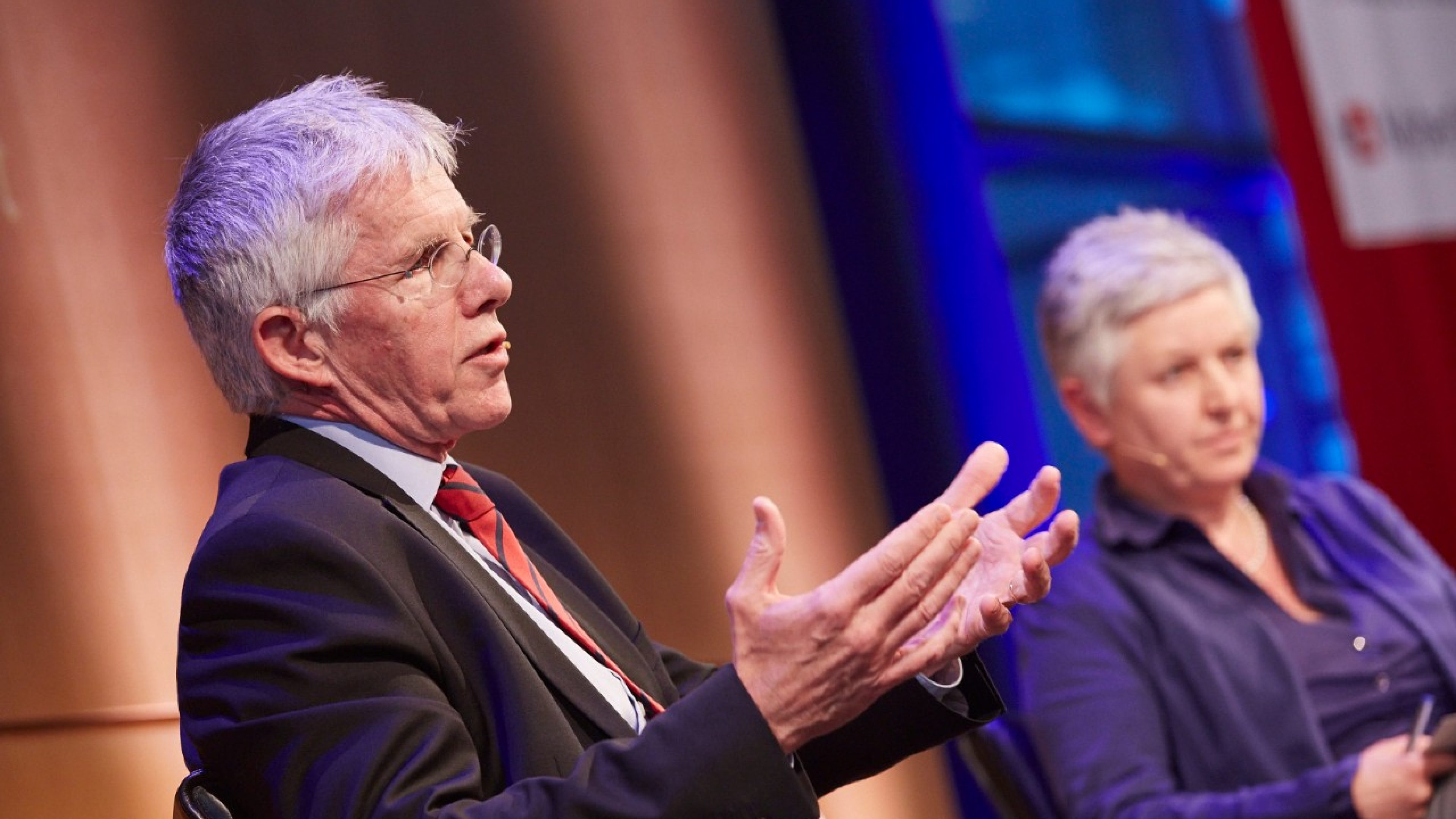
"It is more economical to structure the working world through prevention and corresponding structures, in such a way that someone can work till the age of 70, instead of just focusing on the 35-50 age group."
A sense of duty often gets in the way…
That may well be so. When life veers from its normal course, change is not so easy to implement in a positive way. However, when you are learning a language, doing sport or getting acquainted with a new country, it is better to do it in stages and not all at once when you're old. People who have postponed many things often find they no longer have the energy to do everything when they're old. If you've never learnt how to experience new things, that won't change in old age.
When is the last time you tried something new?
I gave up my dream job at the end of August 2014. I was managing one of the major economic research institutes in Germany, I was in charge of over 50 employees and responsible for a budget of several million euro. I gave up this prominent position of my own accord after 15 years. I wanted to try something new and took a year off to start projects, write a book and travel round North and South America.
In your new book you postulate that the shortage of skilled labour is a self-inflicted managerial shortcoming. Older workers are not so popular with employers. If they can't find the young workers, the old ones have to stay young for longer. How does that work?
The fact that we are staying healthier for longer will affect the work being offered. If young people don't step up, older people will work for longer. The point is not just that we are living longer, but also that we must keep learning our whole lives long, and create the structures and incentives we need for that. Education is the best insurance against poverty in old age and pensions that will be lower than people would hope. We have to be more productive at all stages of life than we used to be.
What incentives do women need to stay in work for longer? Childcare?
Yes, definitely, although that's more of an issue in Switzerland than Germany. Many studies show that women are no longer so preoccupied by these direct costs when it comes to children. Most women are more affected by the way in which children hold back or change their career development, or even make it impossible in some cases. Being a mother must not come at the cost of your career. This is not an issue for the state but for the economy. The corporate world carries the responsibility, after all they are the ones complaining about a lack of skilled workers. They need to create the conditions that will enable women with children to pursue a career.
Which conditions?
Company childcare for a start, but also care for the elderly. Demographic change is bringing private care for the elderly ever more to the fore. Again, women are the ones bearing the brunt of this development. Companies should also think about ways in which they can organise pivotal management positions so that they can be done part-time. Of course, responsibility is inseparable but management can be shared. It would be in companies' best interests, as it would allow them to attract women relatively quickly, get their commitment and address their staff shortages. It is much more economical – for companies, society and especially families – to structure the working world through prevention and corresponding structures, in such a way that someone can work till the age of 70, instead of just focusing on the 35-50 age group. Otherwise you have people not being able to do what they are capable of and living for another 30 to 40 years without exploiting their professional competence. That makes absolutely no economic sense.
You are demanding a realignment of education systems to close the skills gap. Education shouldn't just be up to the age of thirty, it should be for life. Does that mean we should start another course at 50 and compete with young people for places in the lecture hall?
As we have fewer young people now, universities will have more room, so there won't be a competition between young and old. We need universities for older students, not along the lines of adult education centres with subjects which are nice to know, but establishments offering high-powered training for older students. We need age-appropriate top-level training incorporating the wide-ranging knowledge of older people. That would create more jobs for the older age group. Apart from the odd Executive Masters for a tiny group of top managers there is nothing like that currently available. I'd like to see a normal university for 35 to 65 year olds. I think it would have enormous potential.
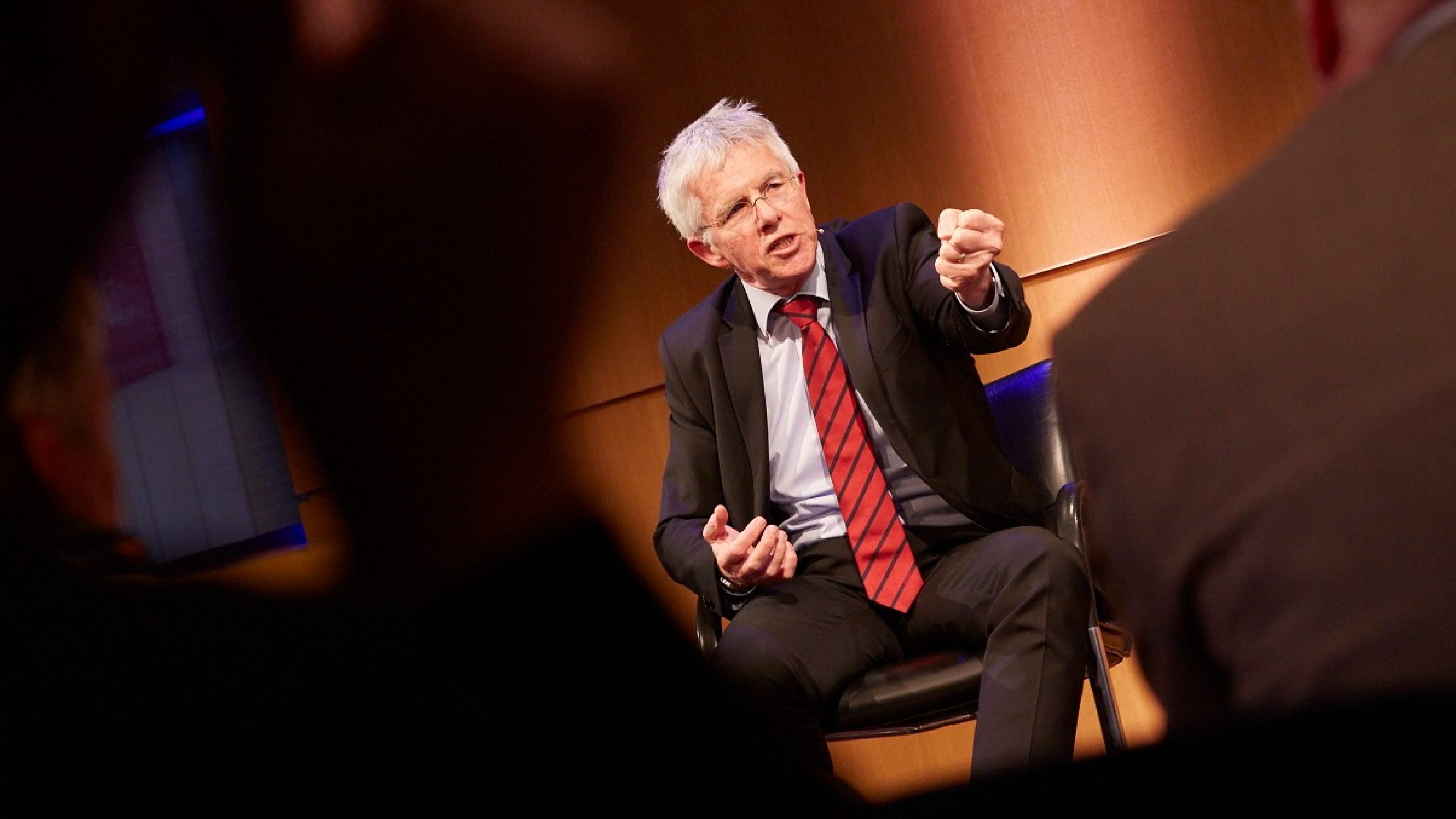
"We have to stay active throughout our lives and not wait until we grow old to fulfil our dreams and ambitions."
A self-determined and pleasant final phase of life requires a financial cushion. The paradox is that many people don't trust the state but at the same time don't do a lot to improve their private pension provision. In mid-April, Labour Minister Nahles expressed her disappointment over the Riester pension. In Switzerland, the latest studies show that the 3rd pillar is not widely used – either due to a lack of interest or insufficient funds. Do you see a way around that?
Private pension provision in the sense of saving money certainly does no harm but it isn't enough. Instead of paying into a private pension fund, I would invest in further training like an entrepreneur and I would start doing that from the age of about 30. That's the best way to invest in your future. It gives me a better chance to finance my standard of living through income instead of the return on my accumulated capital. No one will take my income away. The greatest asset most of us have is our ability to work. Most of our lifelong income comes from work and not from capital returns. Labour is the best way to avoid poverty. That is why people need to stay in work as long as possible.
You have three children and have a lot of contact with young people through your job. What do they think of the whole ageing issue?
Young people today are the same as ever. Ageing is such a distant prospect that they don't see it as a fundamental contemporary issue. I see every day how the young generation has a totally different view of their life plans than the middle-aged and older generations. I don't think young people dwell too much on the demographic changes we are talking about. Lifelong education is completely normal; even when they are studying for their Bachelor's Degree, they spend a semester abroad, and a Master's abroad is also nothing out of the ordinary. Spending periods of time without fixed employment is not unusual, but is finding growing acceptance. Young people have other goals in life, they see life in a more flexible way than a rigid step-by-step process.
So you don't worry about the youth of today?
I would put it this way: I am worried in some respects, but at the same time I am constantly being reminded of how young people have other ideas of what they want from life. Change is change – not doom. That's why I say that the end has been postponed.
Interview: Ruth Hafen, Pictures: Claudia Höhne/Körber-Stiftung

Thomas Straubhaar
Economist
Swiss citizen Thomas Straubhaar (born in 1957) is Professor of Economics at Hamburg University and Director of the Europa-Kolleg Hamburg. From 1999 to 2014 he was Director of the Hamburg Institute of International Economics. He is married and has three children.


Book tip
In his new book "Der Untergang ist abgesagt – Wider die Mythen des demografischen Wandels" (The end has been postponed - countering the myth of democratic change) the economist Thomas Straubhaar addresses the issue of demographic change based on the example of Germany and assesses ten myths associated with demographic developments.
The book was published in March 2016 by the Körber Stiftung.
